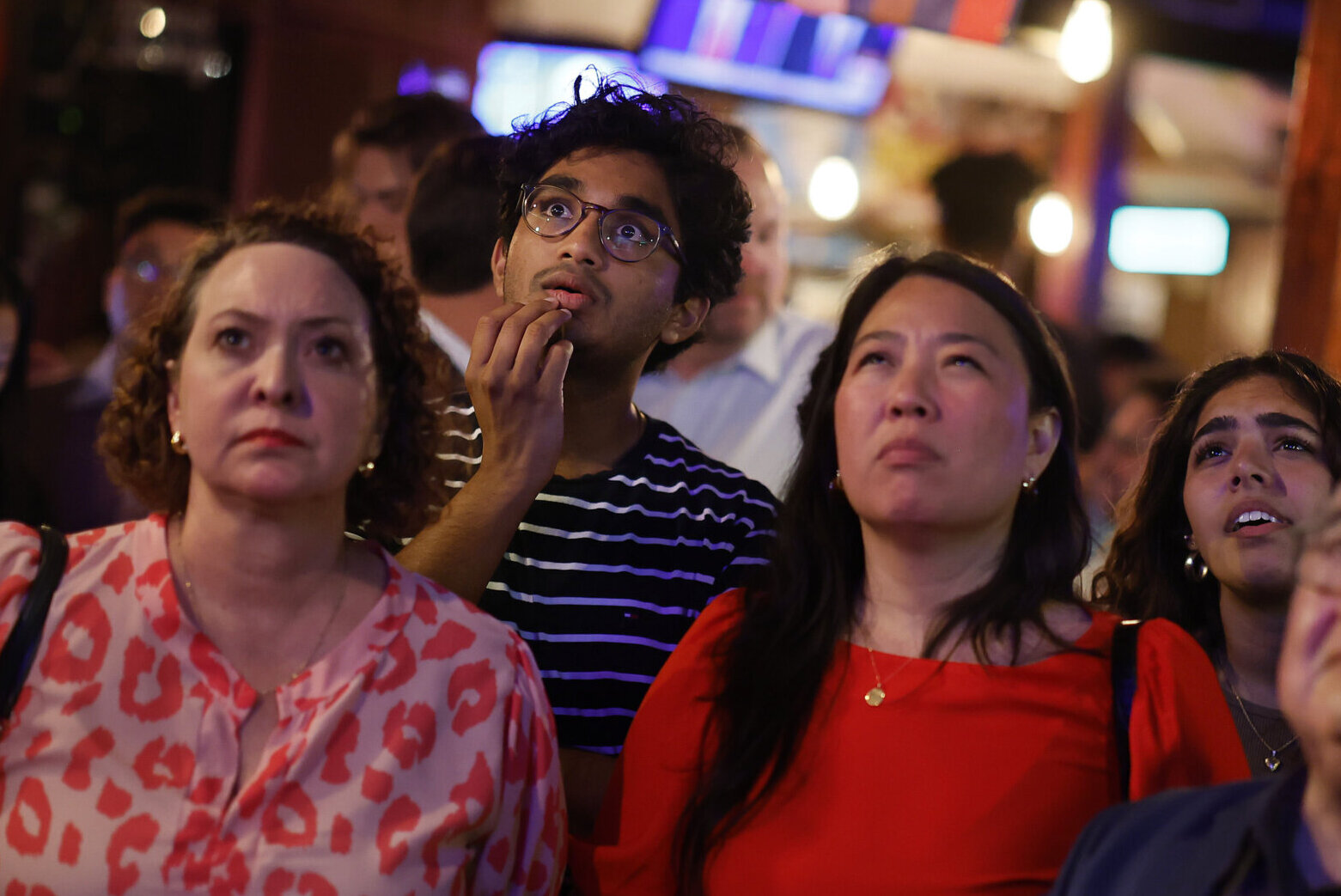Put your hand up if you’d forgotten that every Assassin’s Creed game is, strictly speaking, set in the present day. I know I had. That’s not the actual distant past you’re parkouring through. That isn’t actual Renaissance architecture you’re clambering on. It’s a holographic Animus simulation, conjured from ancestral memories flash-frozen within your DNA – convenient, inasmuch as it means that any inconsistencies are your DNA’s fault, not Ubisoft’s. If the ledge-mantling animations are glitchy, that’s simply because you have bad genes.
We can both be forgiven for losing sight of Assassin’s Creed’s modern day narrative frame. Ubisoft themselves have downplayed it since the era of Desmond Miles, the watery Peter Parker figure who served as puppetmaster protagonist for AC games up to Assassin’s Creed 3. In Assassin’s Creed Shadows, however, they’re planning to bring back the modern day setting in a big way, though details are scanty.
“Ending Desmond’s arc was a difficult decision, and afterward, the modern storyline struggled to find its footing,” Assassin’s Creed franchise boss Marc-Alexis Coté observed last week at a BAFTA event attended by Eurogamer. The series has experimented with a new Animus wielder, Layla Hassan, but Coté feels Ubisoft have failed to weave an impactful and consistent narrative around her, not least because the overarching AC plot of warring Templar and Assassin orders has become a lacklustre hunt for ancient alien McGuffins.
“The continued focus on characters hunting for Isu artefacts made the narrative more predictable,” Coté went on, “and reduced the conflict between Templars and Assassins to a straightforward pursuit of control over – let’s be honest – magical relics. This shift pulled focus away from what had always been at the heart of the franchise: exploring our history.
“As this approach became repetitive, both players and critics felt the modern day storyline had become a secondary concern, more of a side-quest, rather than an integral part of the overall experience,” he said. “Furthermore, the compounded complexity of 15 years of lore built in this parallel storyline created a cognitive load that made the franchise difficult to approach for newcomers.”
Assassin’s Creed Shadows will be the first step on the road toward putting “history back at the centre of the players’ experience,” Coté explained, with a modern-day narrative that “will serve to enhance, rather than overshadow, the historical journey”. You can expect a “meaningful contrast between past and present”.
To be more specific, “the modern day storyline will explore deeper themes of memory, identity and autonomy, how the past shapes who we are, and how controlling this past can impact our future.
“These themes will allow us to reflect on contemporary issues: freedom versus control, the power of knowledge and the tension between individuality and conformity, all through the lens of history,” Coté concluded. “The groundwork for this new direction will take shape with Assassin’s Creed Shadows, which will lay the foundation for this narrative evolution that will grow in the years to come.”
It all sounds very grand. The less grand practical reality is that all the modern-day stuff will sit within a new Assassin’s Creed meta-game hub, a project previously known as Assassin’s Creed Infinity. If I were a cynical man, and I do try to be, I’d say Assassin’s Creed’s modern-day component is coming back as a set of animated cyberpunk wallpapers for a bog-standard game launcher.
I was cautiously enthusiastic about the 30 minutes of choreographed Shadows footage I saw at Summer Games Fest this year. I tend to be cautiously enthusiastic about anything that whiffs of Tenchu, mind. The new open worlder was recently delayed into 2025 following an Ubisoft share slump abetted by “soft” sales of Star Wars Outlaws. I’m not sure a rejuvenated modern-day component is the secret sauce, here, but I’m interested to see what they mean by “reflect on contemporary issues”. Just please don’t bring back Desmond.















